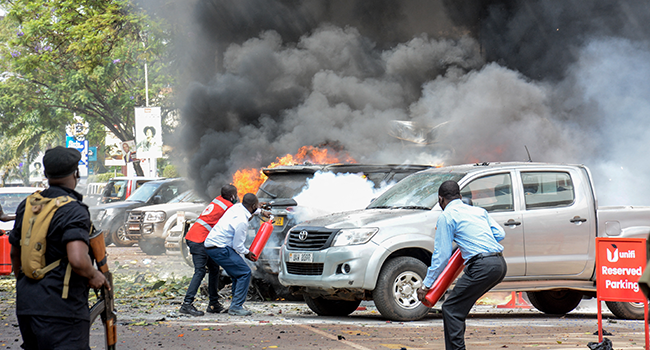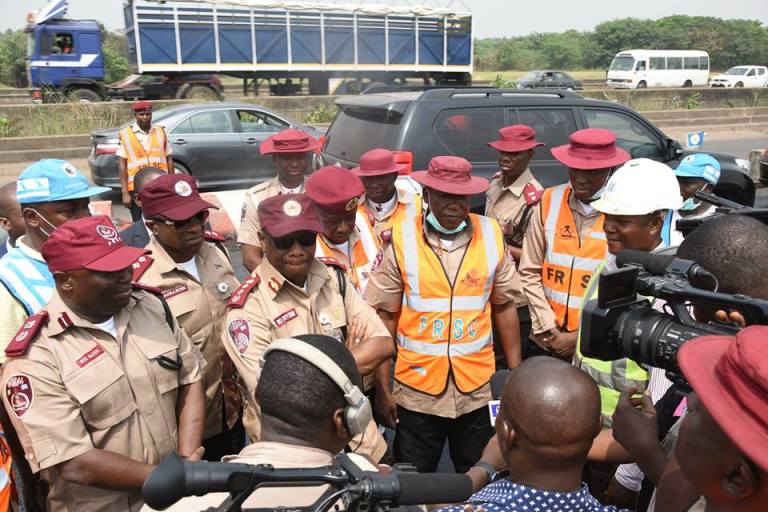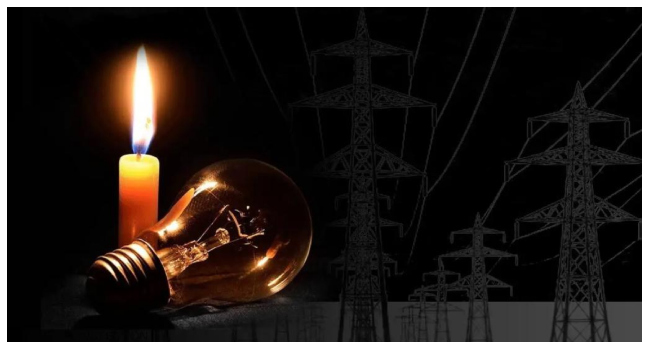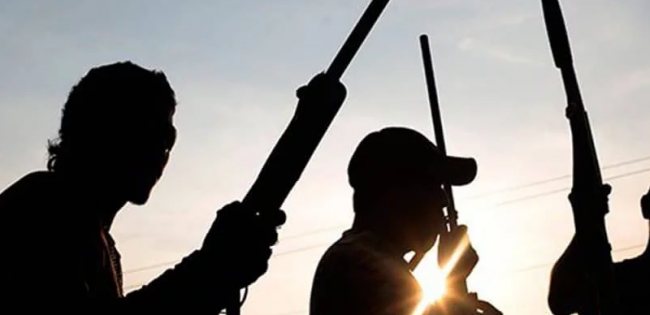The Islamic State group claimed responsibility for a twin suicide bombing on Tuesday in the Ugandan capital Kampala that killed three people and left several dozen wounded.
IS, which said three suicide bombers took part, with one attack targeting the central police station and another aimed at parliament, made the claim in a statement on its Telegram channels.
Police foiled a third attack, recovering an improvised explosive device from the home of an alleged suicide bomber who was shot and injured, and were in pursuit of other members of the group, police spokesman Fred Enanga said.
Ugandan police have blamed a “domestic terror group” linked to the Allied Democratic Forces (ADF) for the attacks, an armed force active in neighbouring eastern Democratic Republic of Congo.
In April 2019, IS began to claim some ADF attacks on social media, presenting the group as its regional branch — the Islamic State Central Africa Province, or ISCAP.
“Uganda is one of the nations participating in the war against IS in Central Africa,” the IS message read.
In March this year the United States officially linked the ADF to IS.
The attacks follow two blasts last month — a bus explosion near Kampala that wounded many people and a bombing at a roadside eatery in the capital that killed one woman.
Police said both of those explosions were carried out by the ADF.
Uganda has also blamed the group for a foiled bomb attack in August on the funeral of an army commander who led a major offensive against Al-Shabaab militants in Somalia.
Islamic State Group Claims Responsibility For Uganda Bombings
Channels Television
Updated November 16, 2021
People extinguish fire on cars caused by a bomb explosion near Parliament building in Kampala, Uganda, on November 16, 2021. Ivan Kabuye / AFP
People extinguish fire on cars caused by a bomb explosion near Parliament building in Kampala, Uganda, on November 16, 2021. Ivan Kabuye / AFP
The Islamic State group claimed responsibility for a twin suicide bombing on Tuesday in the Ugandan capital Kampala that killed three people and left several dozen wounded.
IS, which said three suicide bombers took part, with one attack targeting the central police station and another aimed at parliament, made the claim in a statement on its Telegram channels.
Police foiled a third attack, recovering an improvised explosive device from the home of an alleged suicide bomber who was shot and injured, and were in pursuit of other members of the group, police spokesman Fred Enanga said.
READ ALSO: Twin Explosions Hit Ugandan Capital
Ugandan police have blamed a “domestic terror group” linked to the Allied Democratic Forces (ADF) for the attacks, an armed force active in neighbouring eastern Democratic Republic of Congo.
In April 2019, IS began to claim some ADF attacks on social media, presenting the group as its regional branch — the Islamic State Central Africa Province, or ISCAP.
“Uganda is one of the nations participating in the war against IS in Central Africa,” the IS message read.
In March this year the United States officially linked the ADF to IS.
The attacks follow two blasts last month — a bus explosion near Kampala that wounded many people and a bombing at a roadside eatery in the capital that killed one woman.
Police said both of those explosions were carried out by the ADF.
Uganda has also blamed the group for a foiled bomb attack in August on the funeral of an army commander who led a major offensive against Al-Shabaab militants in Somalia.
The ADF, historically a Ugandan rebel group, has been accused of killing thousands of civilians in eastern DRC.
The ADF is considered by experts to be the bloodiest of more than 120 armed groups that roam eastern DRC, many of them a legacy of two regional wars a quarter of a century ago.
In 2010, twin bombings in Kampala targeting fans watching the World Cup final left 76 people dead, with Al-Shabaab claiming responsibility.
The attack was seen as revenge for Uganda sending troops to Somalia as part of an African Union mission to confront Al-Shabaab.
AFP







